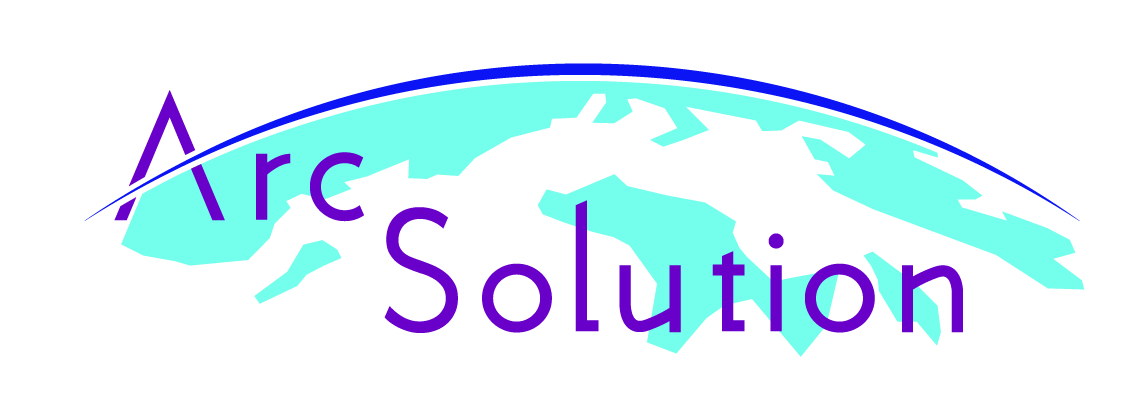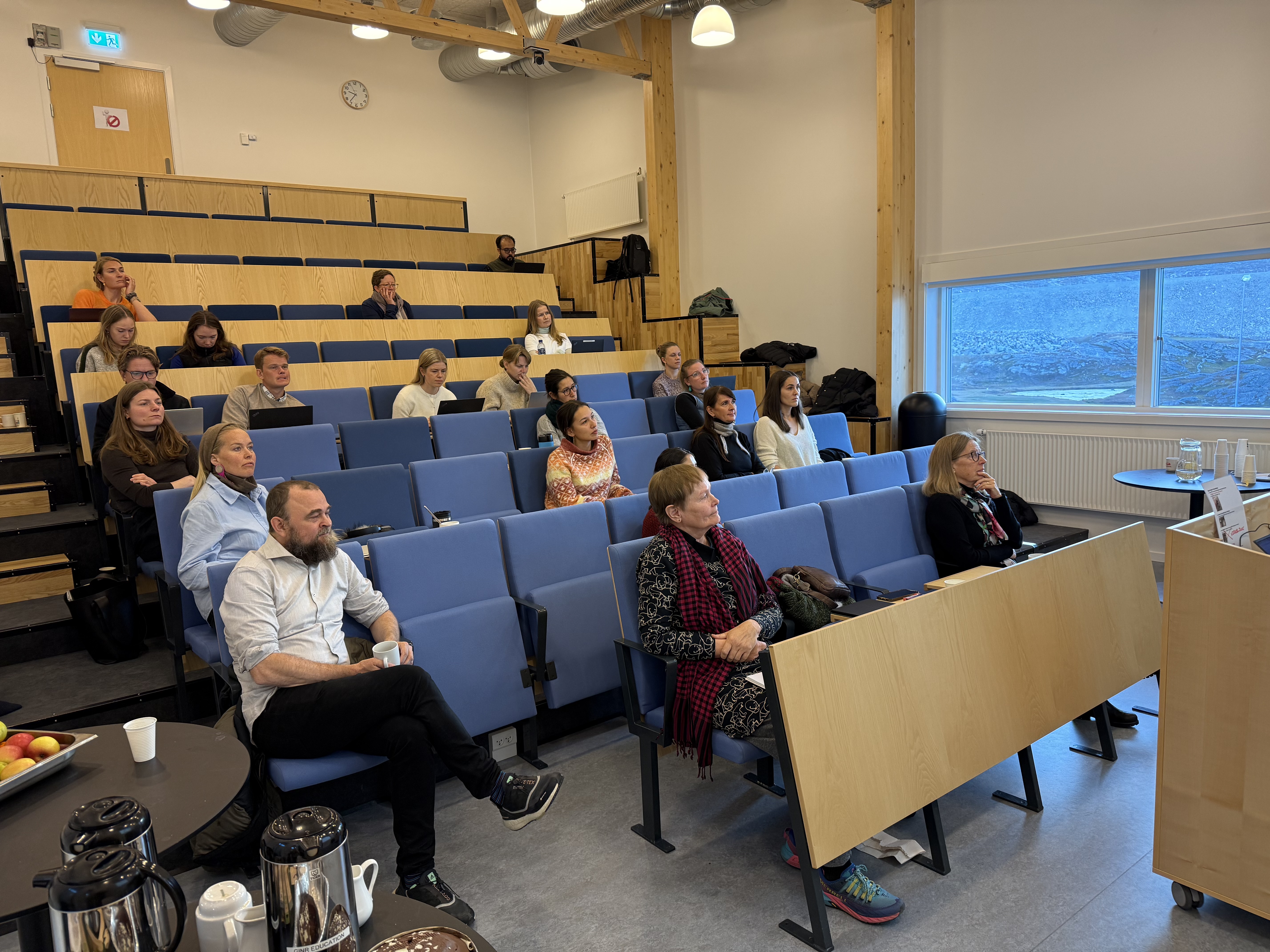On October 1–2, 2025, the Greenland Centre for Health Research at the Institute of Health & Nature at Ilisimatusarfik (University of Greenland) hosted a PhD course dedicated to the One Health concept and its growing significance in Arctic health research.
The course highlighted how the health of people, animals, and the environment is closely linked, and how adopting this perspective can strengthen research in the Arctic.
A total of 20 PhD students took part, representing Ilisimatusarfik as well as universities from Canada, New Zealand, and Denmark. The course was open to early-career researchers from UArctic member institutions and was part of the NUNAMED 2025 conference.
A Hands-On Learning Approach
Through a combination of lectures, group work, and interactive discussions, participants explored pressing Arctic health challenges such as:
- Zoonotic disease emergence
- Mental health and social determinants
- Climate change impacts on health
- Exposure to contaminants
- Integration of Indigenous and local knowledge
Experts from Greenland, Finland, Denmark, and Norway gave lectures, including Arja Rautio, Anders Koch, Gert Mulvad, Christina Viskum Larsen, and Stig Andersen. Students also learned about different ways to collect and study information for One Health research, and how to share their science with others.
Participants were asked to connect the One Health approach to their own PhD projects by writing a short summary and preparing a short talk. This led to an energetic final session at the NUNAMED conference, where students gave 3-minute talks to a large audience, practising how to explain their research in a clear and simple way.
Strong Arctic Collaboration
Researchers from the Greenland Centre for Health Research led the course, working closely with international partners from the UArctic group focused on health and well-being in the Arctic. Gert Mulvad (Ilisimatusarfik) and Arja Rautio (University of Oulu) represented ArcSolution, helping to plan the course and guide the students.
This teamwork provided students with a strong academic foundation and a global perspective, helping them understand the unique One Health challenges in the Arctic.

